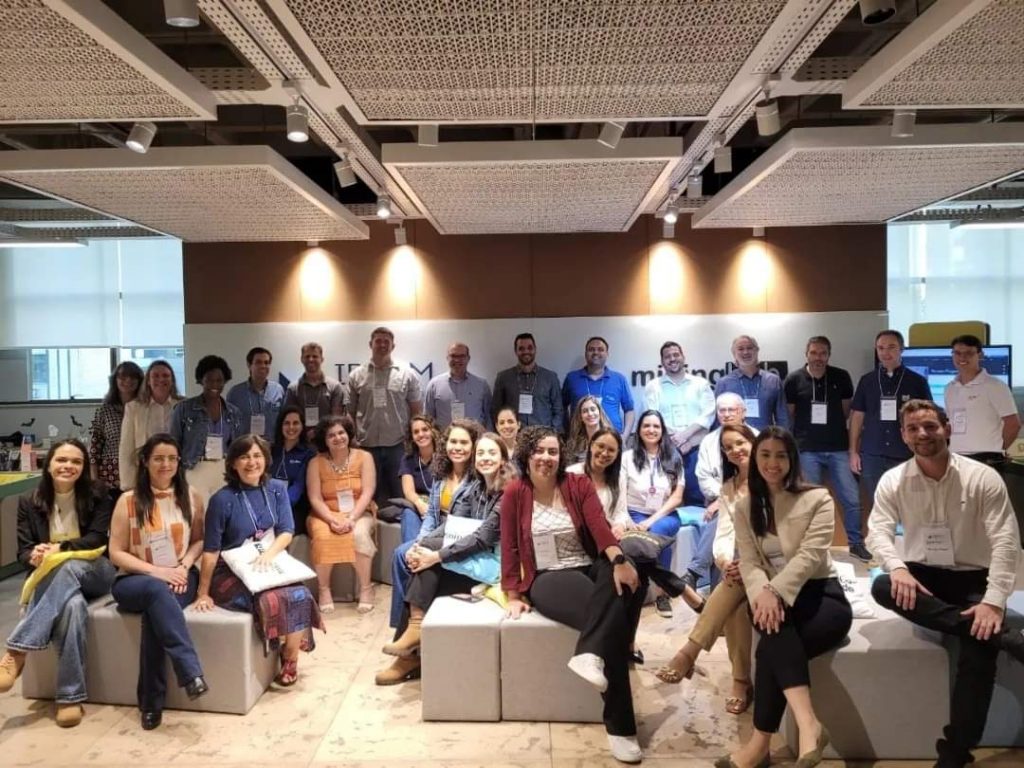
As the mining industry grapples with the complex challenges of environmental responsibility and social license to operate, Potássio do Brasil, a subsidiary of Brazil Potash, is taking a proactive stance. On November 22nd, Davidson Aquino, the company’s financial director, actively participated in the “Workshop on Mine Closure” hosted by the Brazilian Mining Institute (Ibram) at the Mining Hub in Belo Horizonte. This two-day event served as a platform for industry stakeholders to collaborate on developing a comprehensive new planning guide for mine closure, encompassing the latest national regulations, international best practices, and practical considerations for implementation.
The workshop reviewed aspects of mine closure, dedicating panels to each of the following critical areas:
- Planning: Establishing a robust framework for mine closure right from the outset, ensuring seamless integration with the overall mining project and minimizing potential environmental and social impacts.
- Future Use: Exploring innovative and sustainable post-closure scenarios for reclaimed mine sites, fostering economic diversification and community engagement.
- Social License: Recognizing the importance of obtaining and maintaining community acceptance for mining operations, with mine closure playing a vital role in building trust and ensuring long-term project viability.
- Costs: Accurately estimating and effectively managing the financial implications of mine closure, ensuring adequate resource allocation and mitigating potential economic risks.
Aquino actively engaged in discussions, sharing the company’s own experiences and perspectives on mine closure, particularly in the context of the ambitious Autazes Potash Project. For Potássio do Brasil, mine closure is not just a regulatory requirement but a strategic imperative, and part of its commitment to sustainable mining practices.
The company’s vision for the Autazes Potash Project goes beyond resource extraction. The company is planning a mine operating in harmony with the sensitive Amazonian ecosystem, leaving behind a positive legacy even after operational activities end. This commitment is reflected in the company’s detailed mine closure plan, which includes the complete removal of all facilities and the meticulous reforestation of the used surface area, transforming the once-mined land into a thriving natural habitat.
Aquino’s participation in the Mining Hub workshop underscores Brazil Potash’s proactive approach to responsible mining, and the company’s active engagement in knowledge sharing and collaborative efforts to develop best practices in mine closure.
The updated “Mine Closure Guide” developed through this collaborative initiative has the potential to serve as a valuable roadmap for the entire Brazilian mining industry, guiding companies towards more sustainable and responsible practices. As the demand for ethically sourced minerals continues to rise, Brazil Potash’s commitment to responsible mine closure positions it as a leader in the industry.



 Follow us on Twitter
Follow us on Twitter Become our facebook fan
Become our facebook fan










Comments are closed.